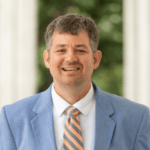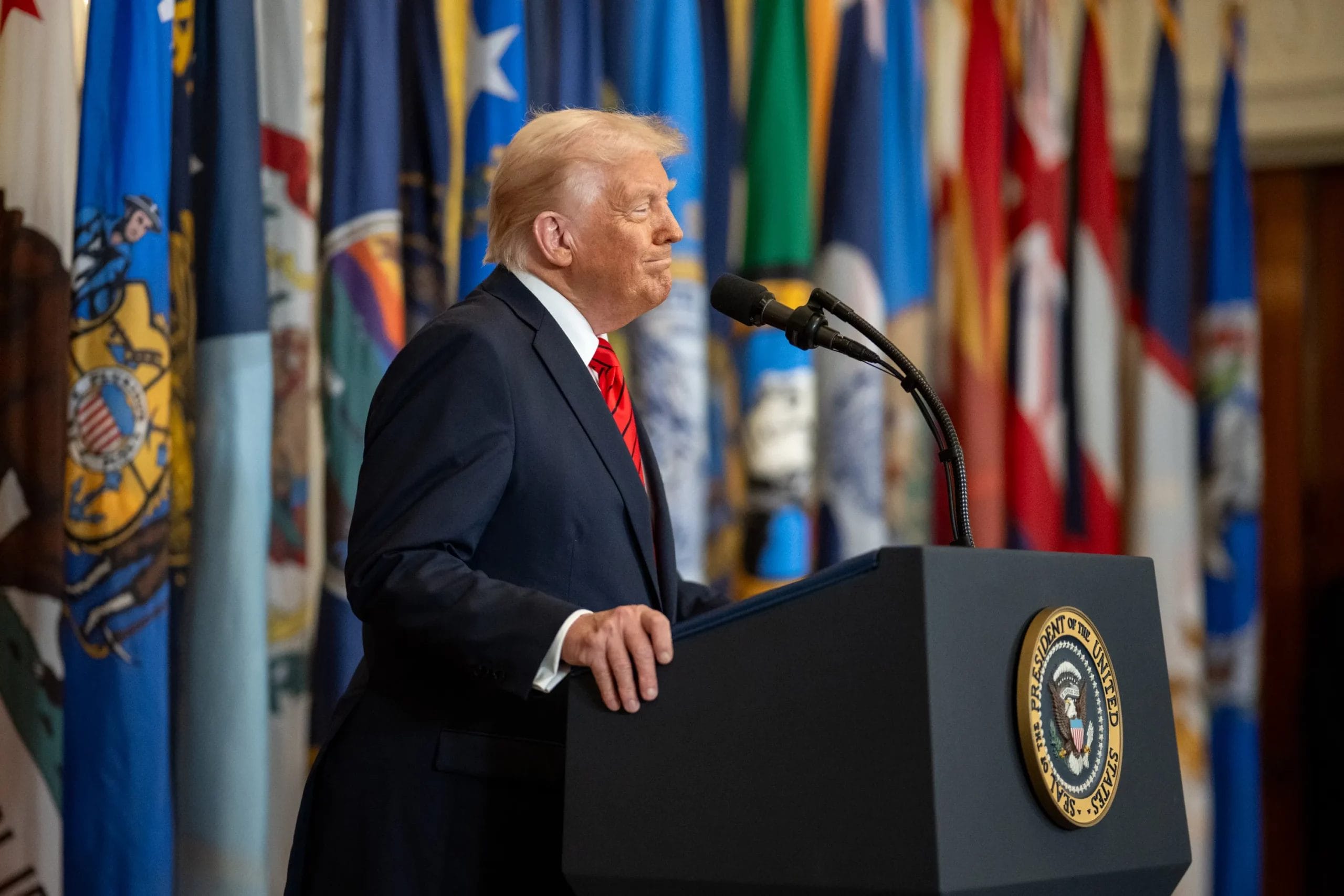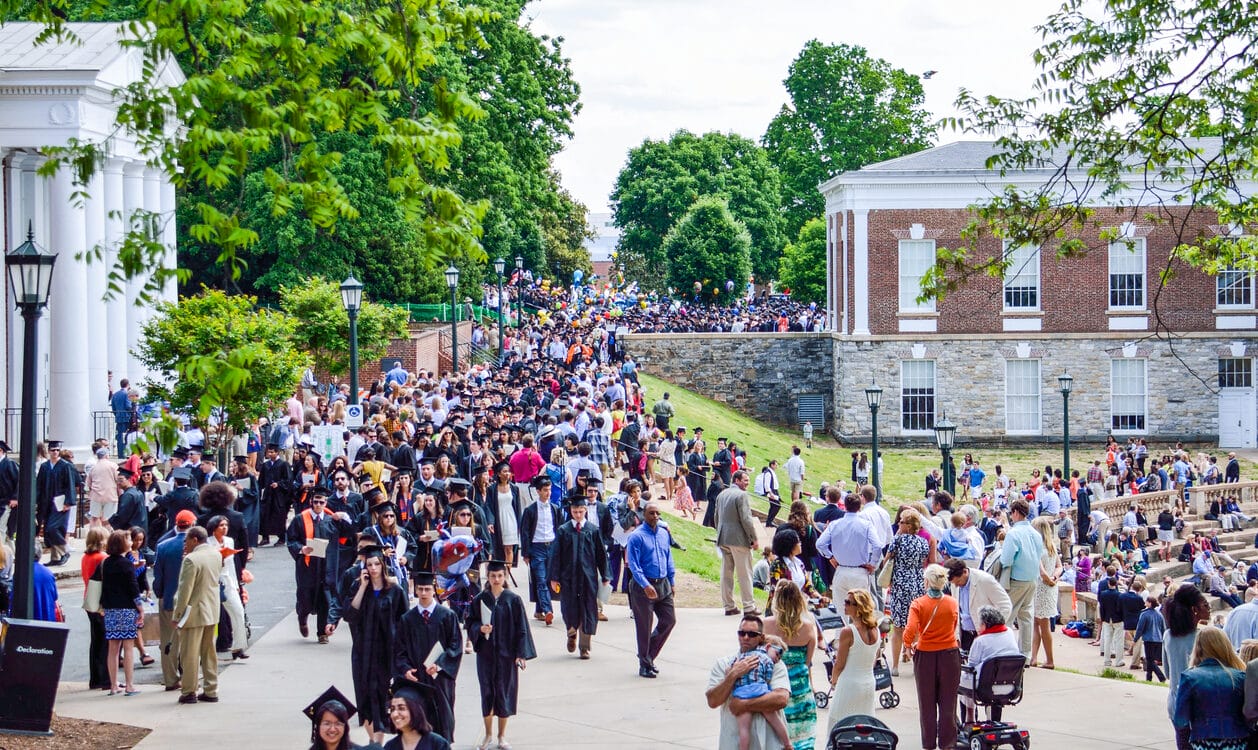Saying no to federal overreach in education

In his essay “The Great Relearning,” Tom Wolfe pointed out that when the counterculture of the 1960s tossed aside the hard-earned wisdom of Western civilization—such as hygiene and moral norms—they didn’t leap forward into some Utopia. They ended up relearning, the hard way, why those old rules existed in the first place.
Today, a similar kind of relearning is underway in American education. With changes at the federal level and parents demanding reform in state legislatures, education is returning closer to its purpose of more localized control and innovation. This issue of American Habits explores the winding down of federal overreach in education and reforms needed at the state and local level.
The U.S. Department of Education was created in the late 1970s and began operations in 1980 and it’s unclear (at best) the difference it has made. There is likely none better than Neal McCluskey of the Cato Institute to give us an overview of the department, the pitfalls created by its existence, and why it’s not needed. He provides that for American Habits.
Our first interview is with Tennessee State Rep. William Slater, who chairs the Education Administration Subcommittee and is a member of several education related committees. He’s done a stellar job making sure that Tennessee is ahead of the curve in the legislature. He was also a joy to talk with because he has keen insights on the purpose of government and the ways lawmakers can make a difference to maximize freedom. Rep. Slater is a reminder that there are individuals in office working for constructive reforms.
Erika Donalds, chair of the Center for Education Opportunity at the America First Policy Institute, discusses her past work on a Florida school board and her efforts to aggressively expand school choice. Like myself, she is a parent of three boys, so I selfishly used this interview to receive some advice on that front, too. Spoiler: she offers great insight.
Tom McMillin serves on the Michigan Board of Education. I admire his focus on more local control and providing educational transparency for parents. Undoubtedly, even if federal involvement diminishes, we still must be mindful of centralization from state agencies and so called “experts” when it comes to education. I address that important topic in a short piece as well.
Additional content includes an overview on the Libertas Institute acquiring Praxis, which is a worthwhile alternative for young people looking for options outside of traditional universities.
I asked Andrew Bibb, a frequent contributor, to give us his take on the lessons he’s received on leadership while serving as a U.S. Army officer.
American Habits offers some timeless reflections on the purpose of education from notable figures as well the text of my lecture I delivered at Thales College in North Carolina on what education should look like beyond all the efforts at federal meddling.
Families and local governments now have a real opportunity to relearn what education is truly for: and while rediscovery will look different from place to place— there are immutable truths such as the importance of empowering parents over bureaucracies, grounding learning in moral formation, and fostering civic virtue through institutions that are accountable to the communities they serve. This moment for education reform also provides an opportunity for us to engage one another constructively, responsibly, and ultimately for the common good, and to cultivate the young soul in their quest to grow in knowledge.
—Ray Nothstine



